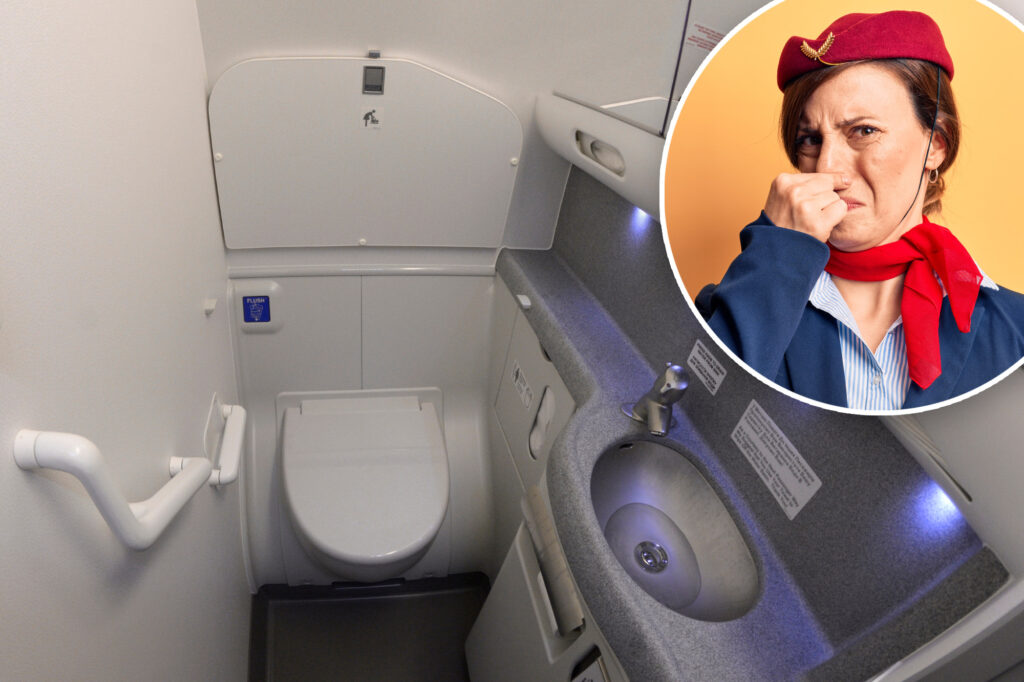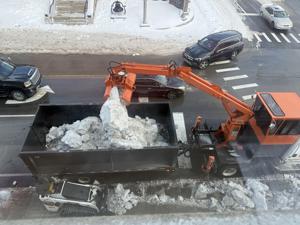
Air travel is facing a unique challenge as airlines grapple with poor bathroom etiquette among passengers. Former flight attendant Marcus Daniels has revealed that many carriers are reluctant to address this issue directly, fearing passenger backlash. The situation has led to increasingly unsanitary conditions in airplane lavatories, particularly on flights serving regions where Western-style toilets are unfamiliar.
Daniels, who retired in 2019 after more than five years of service in Australia and the Middle East, shared his experiences with the Daily Mail. He noted that a lack of understanding about toilet usage leads to unfortunate incidents during flights. “Passengers will defecate on the floor and you just do your best to smile and not say anything,” he said. This concession to cultural sensitivity means that cabin crews often have to manage unpleasant situations without directly addressing the problem.
The issue is particularly prevalent on routes serving developing countries. According to Mobility International USA, approximately four billion people globally use squat toilets, requiring different practices for hygiene compared to Western toilets. A staggering 420 million people still defecate in the streets, as reported by a World Bank blog in 2023. These cultural differences can create significant challenges when passengers encounter modern facilities at high altitudes.
Daniels explained that crew members often notice patterns related to specific flights and demographics. He observed, “We’ll chat and find other crew picked up on the trend too.” While he did not disclose exact routes, he emphasized that these incidents are less common in regions where passengers are familiar with Western bathroom protocols.
The ramifications of this lack of understanding can be severe. Daniels recounted an incident where a passenger repeatedly misused the lavatory despite his attempts to provide guidance. “I tried to show her how to use the toilet, and she would nod and agree, then do it again,” he said. In extreme cases, the situation deteriorates to the point where crew members must restrict access to the restroom for the remainder of the flight.
The former flight attendant attributed these challenges to a lack of education about Western toilet use. “If they knew how to use the toilets, they would,” he stated. Many passengers do not speak English as their primary language, making it difficult for flight attendants to offer assistance. Daniels suggested that visual guides demonstrating proper toilet use could significantly improve the situation.
Despite the ongoing issues, airlines appear hesitant to implement changes. “Airlines are very particular about how they communicate with customers because they don’t want to offend anyone,” Daniels said. He advocates for the introduction of educational materials, such as videos or visual aids, to help clarify the proper use of airplane lavatories.
The implications of poor bathroom etiquette extend beyond passenger discomfort. In March 2023, Air India had to urge passengers to use lavatories appropriately after clothing blocked toilets, leading to the diversion of an international flight. Such incidents highlight the operational challenges that can arise from a single clogged toilet, which can prompt pilots to ground a flight due to limited restroom facilities.
As air travel continues to grow, addressing these issues may become increasingly urgent. Improving passenger education and awareness regarding bathroom etiquette not only enhances the flying experience but also ensures the smooth operation of flights worldwide.





